


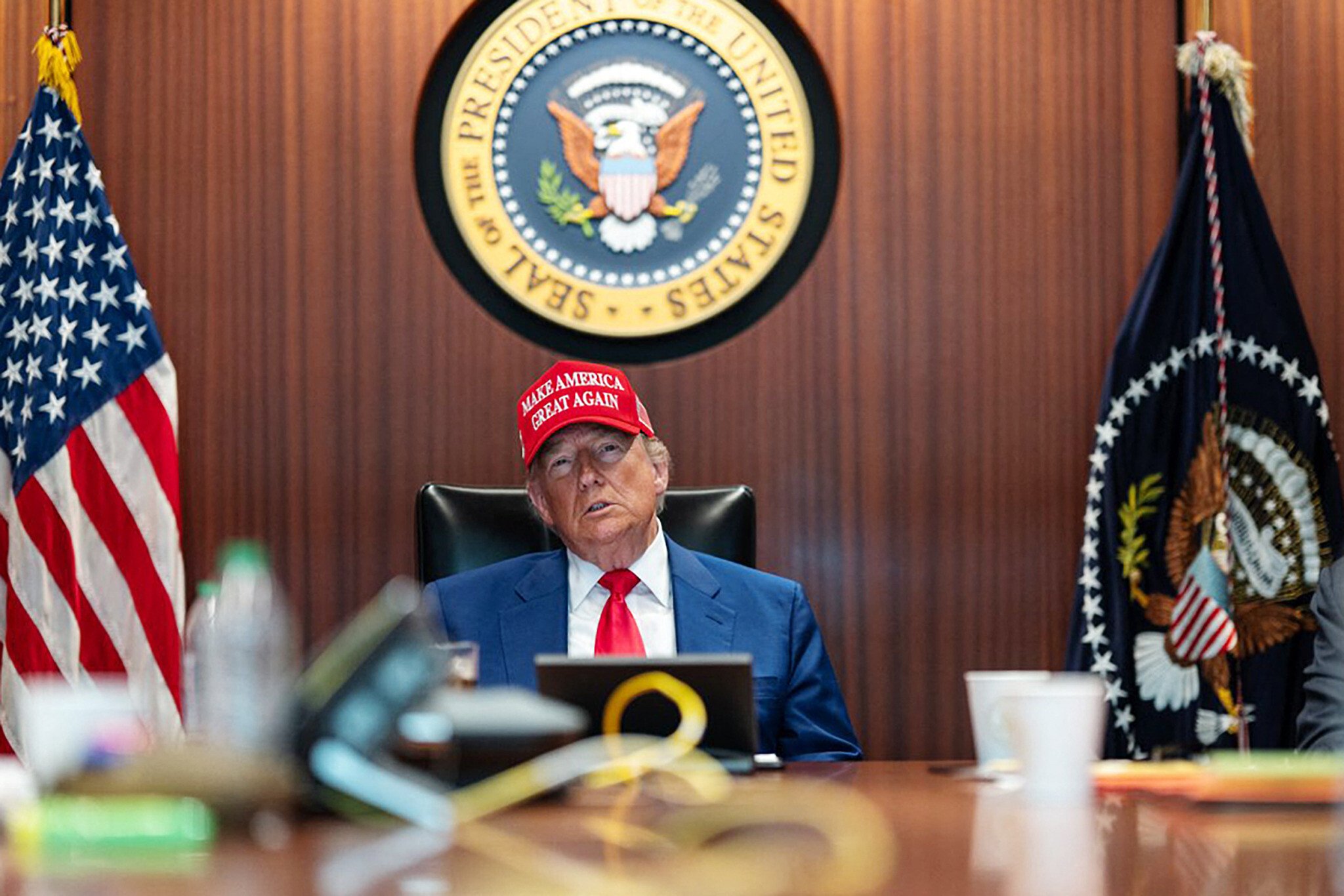
With the US striking its nuclear program directly, Iran’s worst nightmare has come to pass.
And it was Tehran itself that set into motion the stunning reversal of its own fortunes that began on October 7, 2023.
After the 2015 JCPOA nuclear deal, Iran worked to expand its regional influence, using tens of billions of dollars freed up by the removal of sanctions to fund its proxy network dominating Iraq, Syria, and Lebanon.
While it enjoyed the cash influx, Iran also saw plenty of wiggle room under the JCPOA. The agreement did not force Iran to dismantle its nuclear program, did not address Tehran’s ballistic missiles and support of terrorism, and had a series of key restrictions that were set to begin to expire in summer 2025.
Meanwhile, it built up highly capable armies on Israel’s borders, while it provided more distant actors — Shiite militias in Iraq and Houthis in Yemen — new capabilities that allowed them to threaten the Jewish state as well.
One of those proxies, Hamas, triggered the snowballing chain of disasters that has turned into an avalanche for the Islamic Republic.
When it stormed across Israel’s Gaza border defenses on October 7, 2023, the terrorist group shocked Israel out of a decades-old strategic slumber. From a disastrous policy of strategic containment, Israel moved to a strategic offensive against the Iranian network.
It has hammered Hamas into a shell of its former self.
Iran’s most powerful proxy, Hezbollah, has been so badly damaged by Israeli strikes that it accepted a humiliating, one-sided ceasefire, and hasn’t lifted a finger while Israel has attacked Iran directly. Hours after the US struck Iran on Sunday, a Hezbollah spokesman told Newsweek that it would not retaliate against either Israel or the US.
Tehran had invested decades of training and billions of dollars in the group to build up a formidable fighting force with a massive missile arsenal that would make Israel think twice before taking action against Iran’s nuclear program. That plan proved a colossal failure.

Days after Hezbollah threw in the towel, Sunni rebels in Syria took advantage of Israel’s successes and swept southward from Idlib, ending the Assad family’s half-century of rule in Syria and breaking the land bridge between Iran and Hezbollah.
Despite their compromised position, Iran’s leaders thought they could avoid Israel or the US carrying out long-threatened direct strikes on Iranian soil to destroy its nuclear program by dragging out negotiations with Washington.
Under the Biden administration, it was clear that an American operation wasn’t in the offing, especially ahead of a difficult presidential election campaign. Supreme Leader Ali Khamenei and his circle thought they had a read on US President Donald Trump as well. Here was the president who promised to get out of the Middle East, and who had overwhelming confidence in his ability to reach agreements through direct diplomacy.
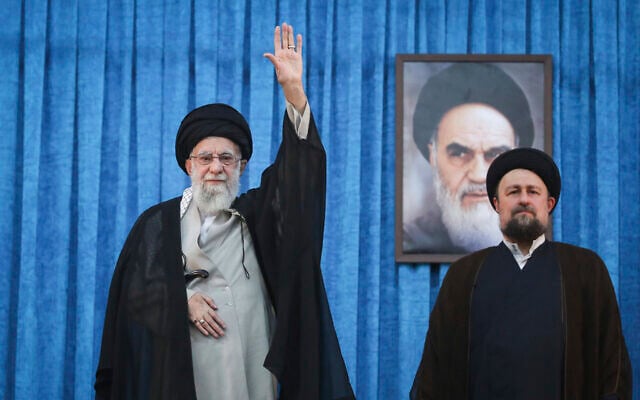
As long as they could keep nuclear talks in Oman going, they reasoned, Israel wouldn’t dare attack and undermine Trump’s diplomatic efforts.
Iran’s senior decision-makers were disastrously wrong, and most paid for the mistake with their lives.
On the first day of Operation Rising Lion, Israeli planes brushed aside Iran’s air defenses, while the Mossad revealed that it was operating on Iranian soil right under the regime’s noses. Israel’s intelligence showed penetration of all levels of Iran’s military structures, which were hollowed out by a series of Israeli precision strikes on top commanders.
Though Khamenei and his regime threaten Israel with apocalyptic images and cryptic messages, no one is taking them seriously. Iran doesn’t seem to have any tricks up its sleeve, and its missile barrages are having no perceivable effect on Israel’s campaign and the resilience of its people, despite two dozen killed and serious damage to residential areas and some sensitive sites.

Trump gave Khamenei an opening to end the campaign diplomatically, though under far worse terms than Iran could have secured weeks ago. Bizarrely, the Islamic Republic’s supreme leader chose to threaten the US over its potential involvement in the attacks.
It’s not clear why the Iranians, with their reputation as master negotiators, got Trump so wrong. It could be that they assumed he would not defy a series of polls that showed the American public was against getting involved in the attacks on Iran’s nuclear sites. Or, as is often the case in controlled information environments, they might just believe their own propaganda.
Either way, they gambled, and lost badly. Early Sunday morning local time, US B-2 heavy bombers dropped massive bunker busters on Iran’s underground Fordo nuclear facility deep under a mountain, and submarines struck the Natanz and Isfahan sites.
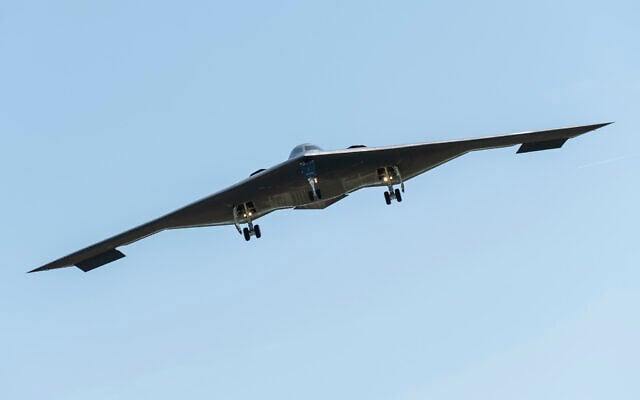
The extent of the damage remains unclear. “Iran’s key nuclear enrichment facilities have been completely and totally obliterated,” said Trump, and the top US military commander said the site suffered “extreme damages.”
An Iranian parliament member was quoted in Iranian state media as claiming that damage to the facility was “only above ground and can be restored.”
The battle damage assessment will take place over the coming days and the picture will become clear. Beyond the damage itself, there are other reasons for Iran to see Sunday morning as a disaster.
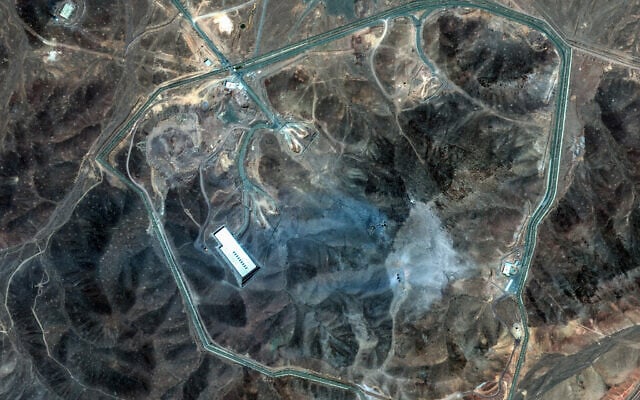
For the first time in history of Israel’s many military campaigns, the US has decided to actively take part in offensive operations.
“Never has the United States embarked on a military operation, not just alongside with Israel, but subscribing to Israel’s goals, which are making the Middle East and the world a much, much safer place,” noted Michael Oren, a former ambassador to Washington.
Trump heaped praise on Netanyahu and the IDF: “I want to thank and congratulate Prime Minister Bibi Netanyahu. We worked as a team like perhaps no team has ever worked before, and we’ve gone a long way to erasing this horrible threat to Israel. I want to thank the Israeli military for the wonderful job they’ve done.”
There are some drawbacks for Israel, however. Israel’s bargaining position is strongest when it defeats its adversaries on its own, as it did in 1967. When it finds itself looking to the US for support, as it did in 1973 with the crucial American resupply operation, it has to bow to Washington’s demands on how the wars ends and what comes next.
At the same time, the campaign against Iran looks to boost US credibility and influence in the Middle East, at the expense of its great power rivals Russia and China. When America’s ally Israel, using US weapons systems, hammers Russia’s defense partner Iran, siding with Washington looks that much more attractive.
Israel’s battlefield victory over Egypt in 1973 caused Cairo to make the strategic choice to move from the Soviet orbit to the American, a decision that has persisted more than a half-century later.
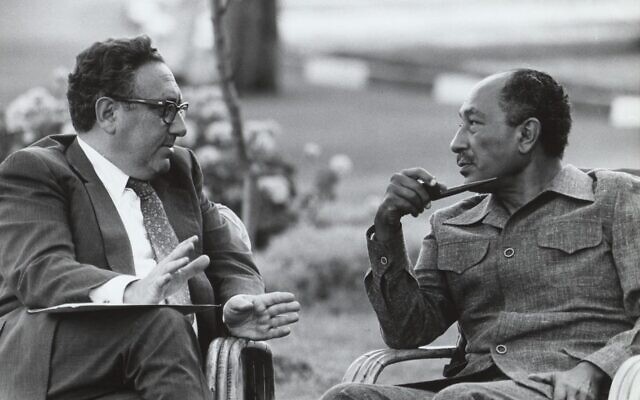
Iran doesn’t have any good options now. It can continue to defy and threaten Trump, inviting expanded strikes, which could start to destabilize the regime.
Trump, who campaigned on an anti-war message, seems to be enjoying the US and Israel unleashing their air and intelligence capabilities against an overwhelmed adversary. It’s certainly more fun than trying to get Vladimir Putin to the table over Ukraine or dealing with domestic upheaval over ICE raids or his Big Beautiful Bill.
On the other hand, giving in to Trump’s demands would force the Iran to give up a nuclear program it has called its national right, and would show profound weakness that could also encourage opponents of the regime to make their move.
Should the campaign go as hoped, Israel will likely emerge as the undisputed military power in the region, and the US as the patron that Middle Eastern rulers will hurry to placate. That would open opportunities for the normalization processes that have been mired in the mud of Israel’s post-October 7 campaign in Gaza, especially with Saudi Arabia, which had started to flirt with Iran and China in recent years.
Other countries looking to throw off Iranian influence, including Lebanon and Syria, might look to reach new agreements with Israel that guarantee they won’t serve as theaters for Iran’s campaign against Israel any longer.
Netanyahu, having shown Trump he is a winner and a reliable strategic partner, will likely enjoy a grace period in his relationship with Trump.
Yet Trump remains a leader obsessed with achieving deals no other leaders could attain. After breaking ground by taking care of Iran, he may look to keep the good times rolling by turning back to his “Deal of the Century” vision for a Palestinian state, which could re-emerge sooner than Netanyahu would like.
